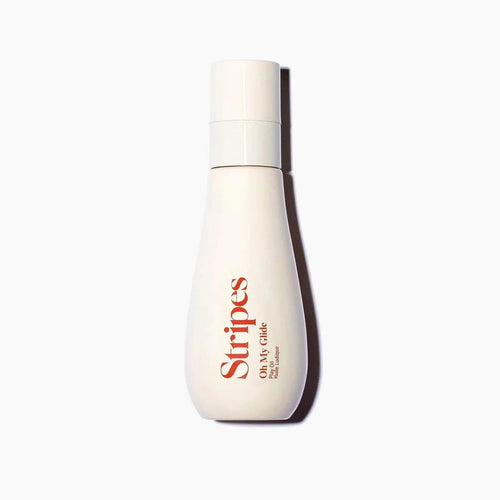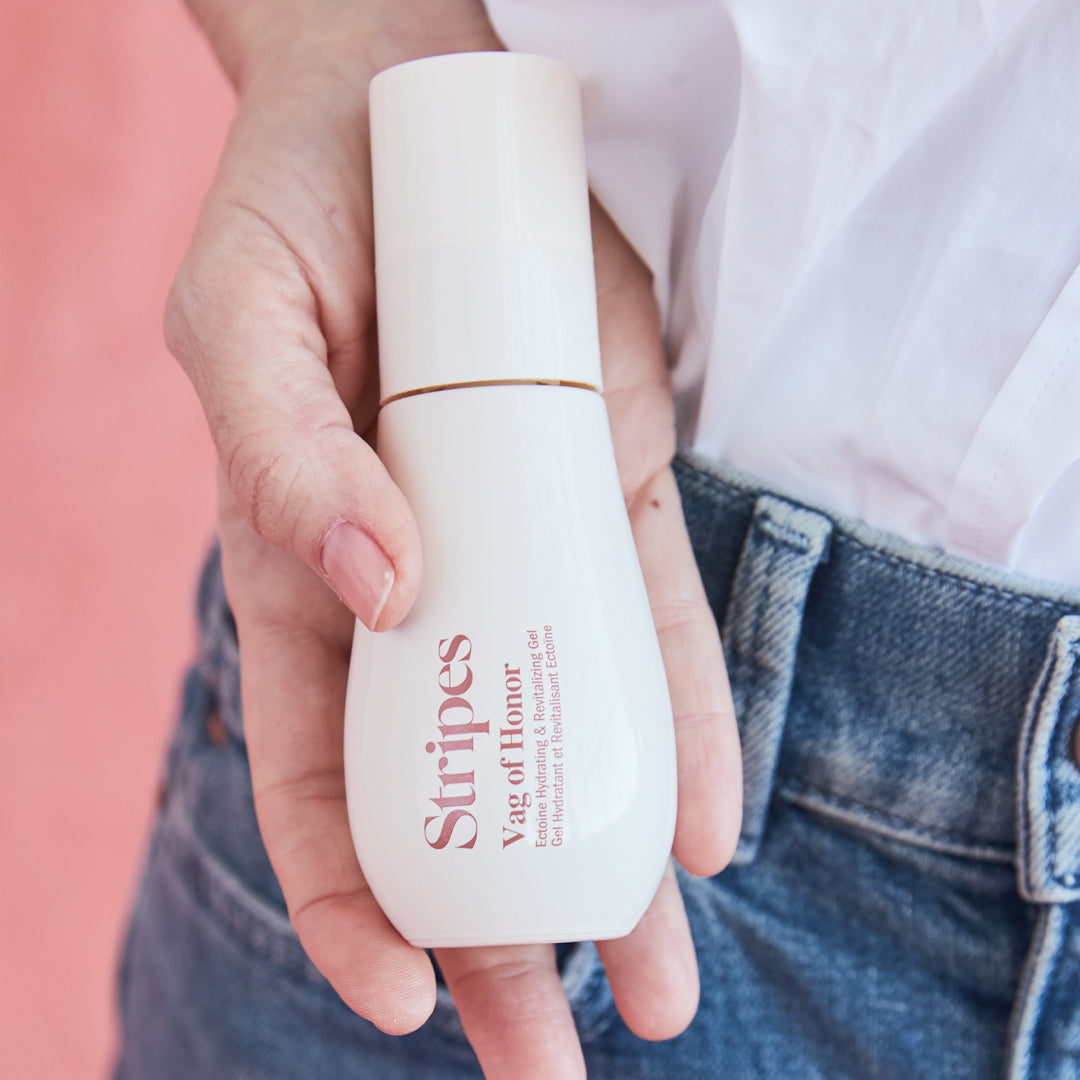Ask a Doctor: I Have Sensitive Skin, Should I Use Retinoids?
In each installment of Ask a Doctor, your burning questions about hormones, menopause symptoms, sleep, sex, and more are answered by doctors who specialize in treating women in midlife.
This week: Dermatologist Dr. Sarvenaz Zand explains what retinoids do for your skin and the best way to use them in perimenopause.
Dear Doctor,
I'm in the throes of perimenopause and my skin is dry, dry, dry. I’ve wanted to experiment with retinoids, but I’ve heard that they can cause peeling and make skin more sensitive. What’s the deal? And what’s the difference between retinol and retinoids?
Dr. Zand says:
Retinoids are a class of vitamin A molecules that have been found to reduce fine lines as well as acne. Retinol is a type of retinoid — it’s the over-the-counter strength — and then there are several prescription-strength versions of retinoids, including what is commonly known as Retin-A, or tretinoin.
Retinoids are fantastic for every woman in their 20s and older to help maintain beautiful skin, to enhance collagen production, reduce the appearance of fine lines, and reduce the accumulation of pigment. However, the hardest time to start a retinoid is when your skin is feeling dry and sensitive. And menopause and perimenopause are those exact times.
Retinoids vs. acids
For people who want to experiment with their skincare regimen, it’s important to know that there are some ingredients that are more sensitizing than others, and retinoids are at the top of that category. I’d also say that glycolic, lactic, alpha hydroxy, and beta hydroxy acids can temporarily make the skin feel sensitive or like it’s burning.
That said, acids tend to not cause long-term sensitivity, such as feeling sensitive the next day. Retinoids or retinol, on the other hand, may not cause instant irritation, but you may experience redness or peeling the next day or over weeks.
If you’ve decided to add retinoids to your skincare routine during perimenopause, here are some things to keep in mind:
SPF by day, retinoids at night
Retinoids, whether you’re using retinol or a prescription retinoid, will make your skin more sensitive to the sun. You don’t need to banish retinoids from your routine during the summer, but you should wear SPF during the day, and a hat to protect your skin from UV damage.
Flushing, not blushing
When I started using retinoids in my late 20s or early 30s, I noticed that when people would ask me a question, my face would turn red even though I wasn’t feeling at all embarrassed. When you first start on retinol or tretinoin, you can be more prone to flushing, but that effect does fade in time.
Avoid using retinoids before certain skin treatments
I advise women to stop their retinoids for a week or two before they undergo aggressive skin treatments such as waxing, microneedling, lasers, or any other procedure that thins the top layer of dead skin.
Choose products with protective ingredients
Most over-the-counter retinoids are not designed for sensitive skin. Look for ones that are designed to address your midlife skin concerns, including dryness, sensitivity, and fine lines. Ingredients such as Ectoine, squalane, and hyaluronic acid can calm reactive skin.
Ask your dermatologist
When it comes to prescription retinoids, it is best to speak with your dermatologist about how to begin using them, how often, and what to expect. They can advise you on a schedule and answer any questions you may have.
But for people who want to try them, I recommend starting with retinol and using it for three months to a year before moving to prescription-strength retinoids.











